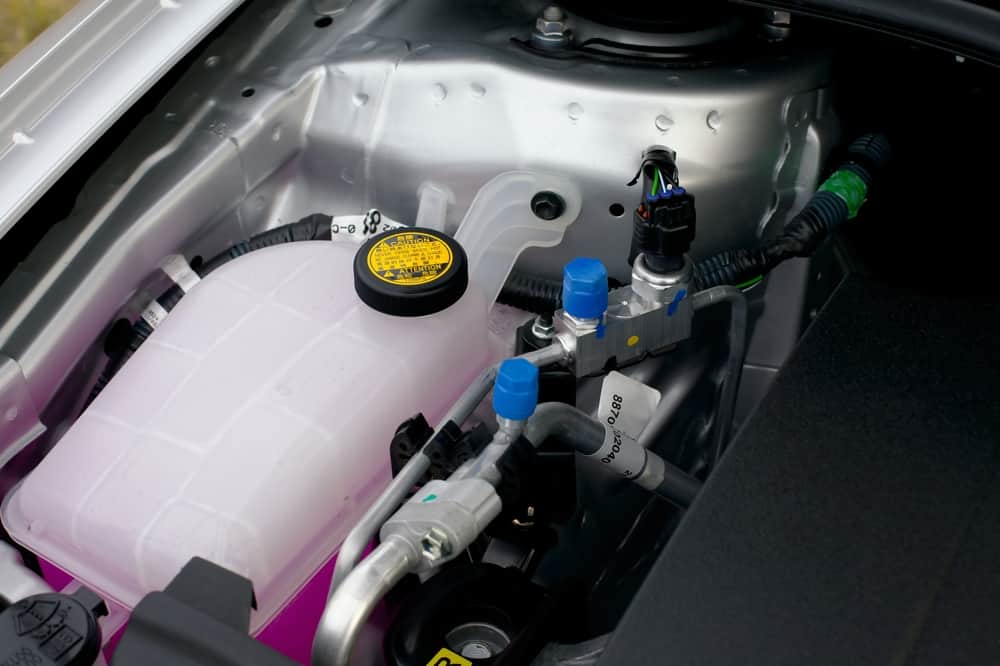
This can occur if the car radiator is blocked or the radiator cap is loose, allowingĬoolant fluid to escape. Many coolants will be mixed with antifreeze chemicals so they can be used during hot and cold weather.Ī common cause of increased engine temperatures is a coolant leak. Is Coolant The Same As Antifreeze?Ĭoolant and antifreeze are often used interchangeably to refer to one another. This process continually repeats as you drive, helping to prevent The engine, it makes its way to the car radiator, at which point it is cooled Coolant is not designed to remove all heat from an engine, as some willīe expelled from the exhaust, but it plays an essential role in your car’s Through the engine of your car and absorbs heat produced by the vehicle as it What Does Coolant Do?Įngine coolant, commonly known as antifreeze, is a liquid which passes
#Engine coolant driver#
A vital part of any engine, understanding the role coolant serves is important for any driver to know, in order to keep your car well maintained.Įnsure you are ready to keep your car engine cool, with our rangeĪlways check your vehicle’s manual to make sure you are purchasing the correctĬoolant for your car. If you have any questions about any of the ingredients in coolant, you know where to find us.Cars work hard to get you from point A to B, and along the way, this can cause the engine to become extremely hot. This post does a good job explaining why. It’s important to note here that you should never mix different coolants together. Some of the most common coolant colors include: Each color represents a certain type of coolant. Coolant always starts off colorless, but then the manufacturer adds dye to it. Have you noticed that coolant comes in many different colors? There’s a reason for that.


Here’s a fun fact: in the 1930s, some car owners cooled their engines only with water. Let’s talk about each ingredient in more detail.

Let’s discuss the three main ingredients in coolant. Yet, they all use the same main ingredients. If you’re here, you may be wondering what the heck goes into coolant to make it so useful within the engine.Įvery coolant brand has its own proprietary blend of liquids and chemicals. It all sounds pretty neat, doesn’t it? Coolant is magic. It smells good to them, but it will kill them.” It also doesn’t freeze at subzero temperatures. Next, it dissipates the heat through the radiator. It absorbs the scorching heat from the engine to keep it at a manageable temperature. Have you ever had to explain coolant to someone? If so, you may have said something like, “Coolant is a sweet-smelling special blend of liquid that runs through the engine.


 0 kommentar(er)
0 kommentar(er)
